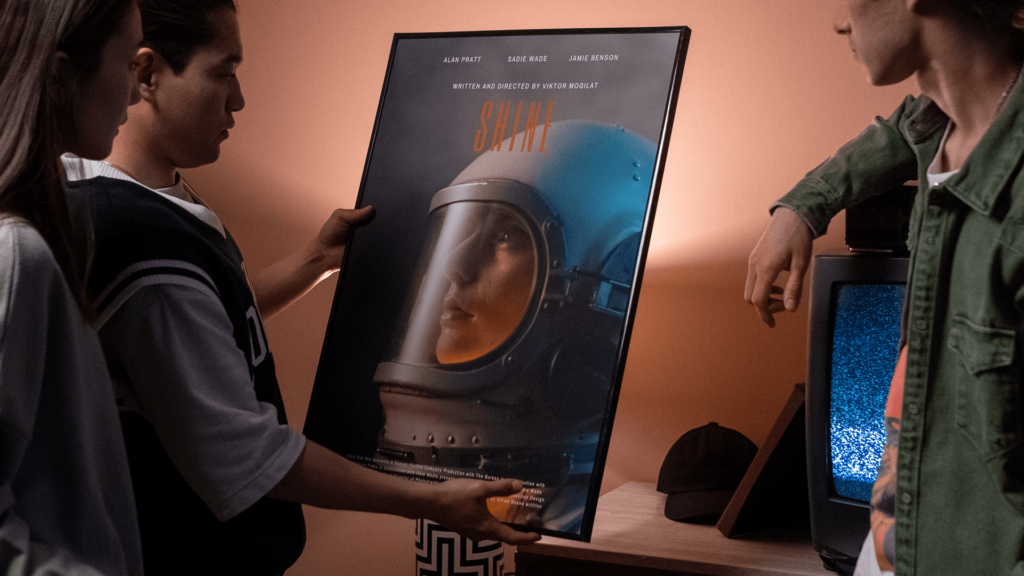Artificial Intelligence (AI) has revolutionized various industries, including in the field of art. AI art, created by machines using algorithms, has brought about a new wave of creativity and innovation. However, as AI continues to permeate the art world, it raises important ethical considerations that must be addressed.
In this article, we will discuss the ethical implications of AI art and explore the challenges and opportunities that arise from this evolving intersection of technology and creativity.
Authorship and Ownership
One of the key ethical considerations in AI art is the question of authorship and ownership. Traditional art is often attributed to human artists who pour their emotions, experiences, and skills into their creations. In contrast, AI-generated art blurs the lines of authorship, as the machine algorithms play a significant role in the artistic process. This raises questions about who owns the rights to AI-generated artworks and how credit should be attributed in the art world.
Transparency and Accountability
Moreover, the use of AI in art creation raises concerns about transparency and accountability. Unlike human artists whose creative processes are often transparent, AI algorithms operate in a black box, making it challenging to understand how decisions are made in the artistic output. This lack of transparency can lead to issues of bias, manipulation, and exploitation in AI art, raising important ethical red flags that need to be addressed.
Impact on Human Creativity and The Art Market
Another ethical consideration in AI art is the impact on human creativity and the art market. While AI can produce mesmerizing artworks, some argue that it may diminish the value of human creativity and craftsmanship in the art world. As AI-generated art gains popularity, there is a risk of devaluing traditional art forms and undermining the livelihoods of human artists.
Balancing the integration of AI in art while preserving the authenticity and integrity of human creativity is a crucial ethical dilemma facing the art industry today.
Cultural Appropriation and Representation
Furthermore, the ethical implications of AI art extend to issues of cultural appropriation and representation. AI algorithms are often trained on existing datasets, which may perpetuate biases and stereotypes present in the data. This raises concerns about cultural appropriation and misrepresentation in AI-generated art, especially when it comes to representing diverse communities and heritage.
Artists and technologists working in the field of AI art must be mindful of these ethical considerations and strive to create inclusive and respectful artworks that celebrate diversity.
Opportunities for Innovation and Collaboration
In addition to these ethical challenges, AI art also presents exciting opportunities for innovation and collaboration. By harnessing the power of AI, artists can explore new creative possibilities, push the boundaries of traditional art forms, and engage with audiences in novel ways. AI tools can inspire artists to experiment with new techniques, styles, and concepts, leading to a renaissance of artistic expression in the digital age.
As the field of AI art continues to evolve, it is essential for artists, technologists, policymakers, and the public to engage in conversations about the ethical implications of this emerging art form. By fostering dialogue, promoting transparency, and upholding ethical standards, we can harness the transformative potential of AI art while safeguarding the values and principles that underpin the art world.
Conclusion
Ethical considerations in AI art are paramount in shaping the future of creativity and innovation. By addressing issues of authorship, transparency, human creativity, cultural representation, and collaboration, we can navigate the complex ethical landscape of AI art and ensure that it contributes positively to the art world.
Key Takeaways:
- Ethical considerations play a crucial role in the intersection of AI and art, raising questions about authorship, transparency, human creativity, and cultural representation.
- The integration of AI in art presents both challenges and opportunities, requiring a delicate balance between technological innovation and ethical integrity.
- Dialogue, transparency, and ethical standards are essential for navigating the evolving landscape of AI art and ensuring its positive impact on the art world.
- Aspiring artists and professionals in the art industry can benefit from exploring the ethical dimensions of AI art and engaging in conversations to shape a responsible and inclusive artistic future.
For those looking to deepen their understanding of AI art and its ethical implications, consider enrolling in the NYU Animation Industry Essentials online course and certificate program offered by Yellowbrick. This comprehensive program provides valuable insights into the intersection of technology and creativity in the art world, equipping participants with the knowledge and skills to navigate ethical challenges in AI art effectively.



